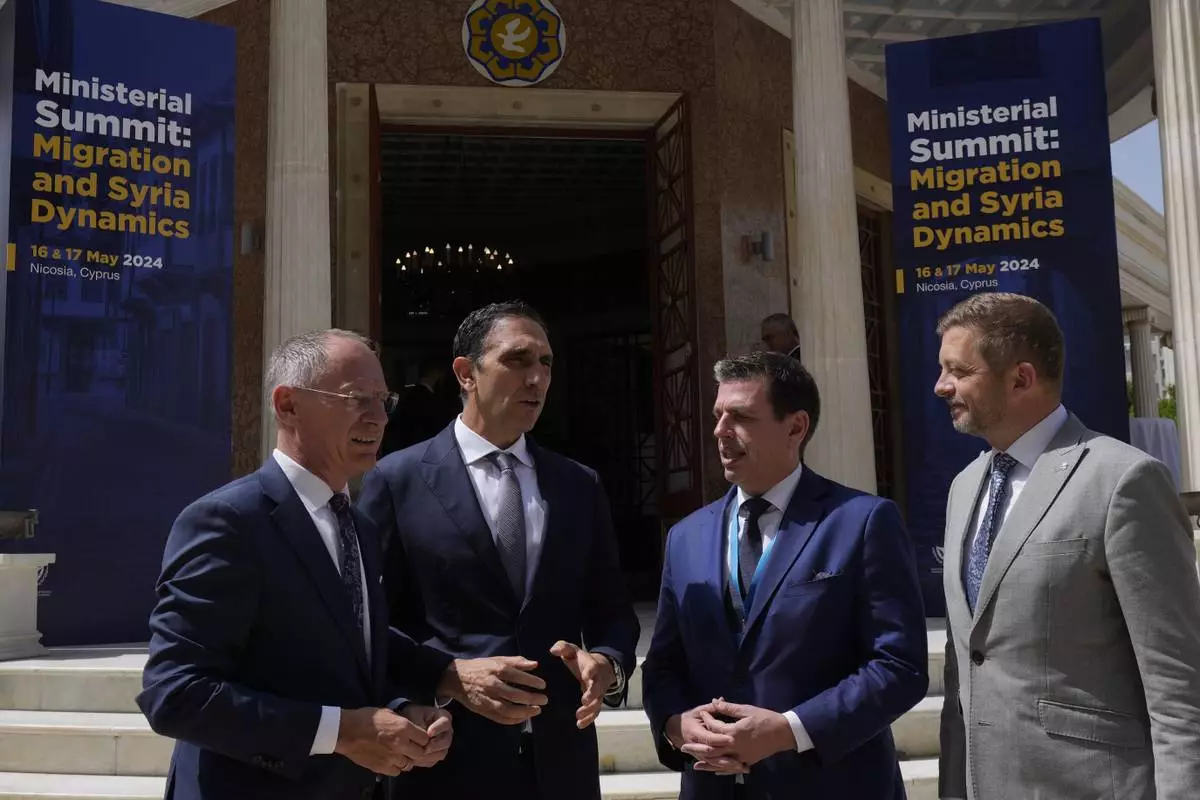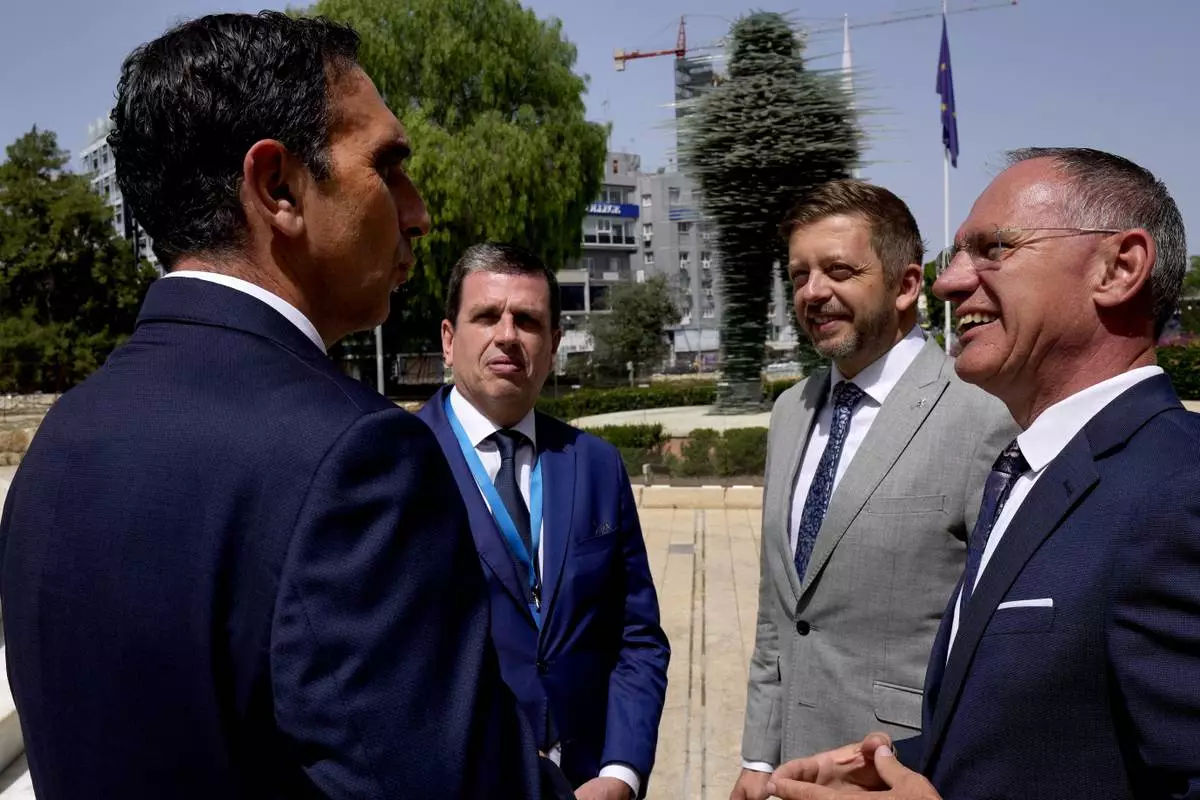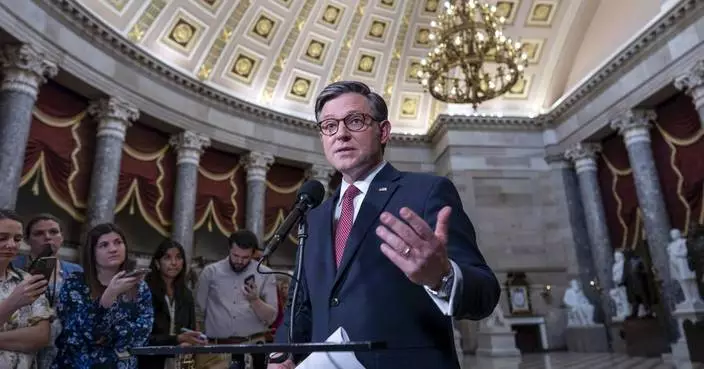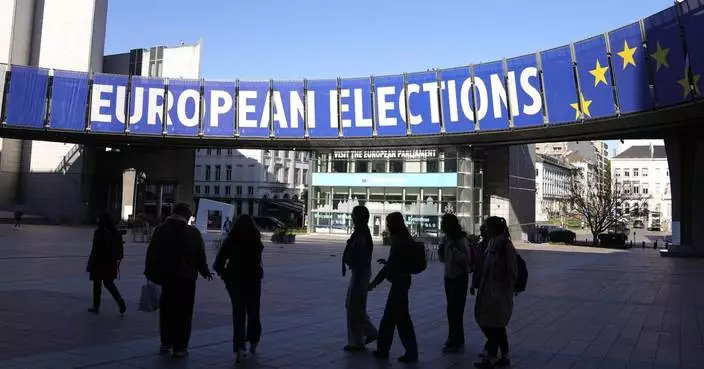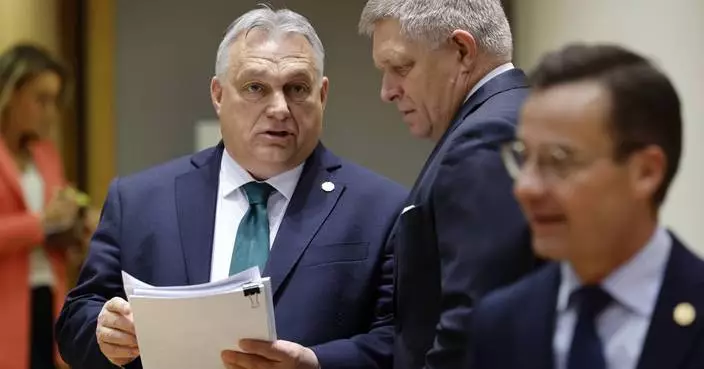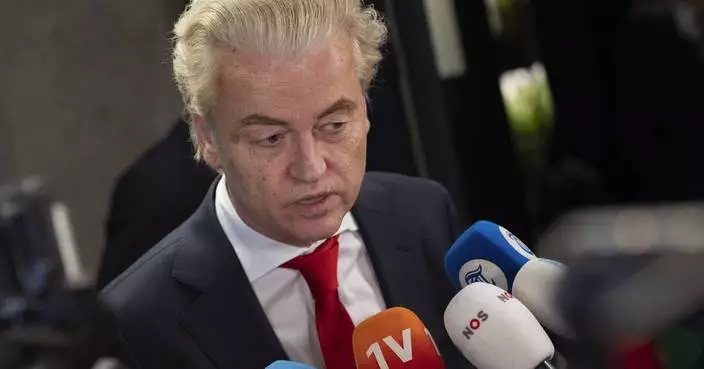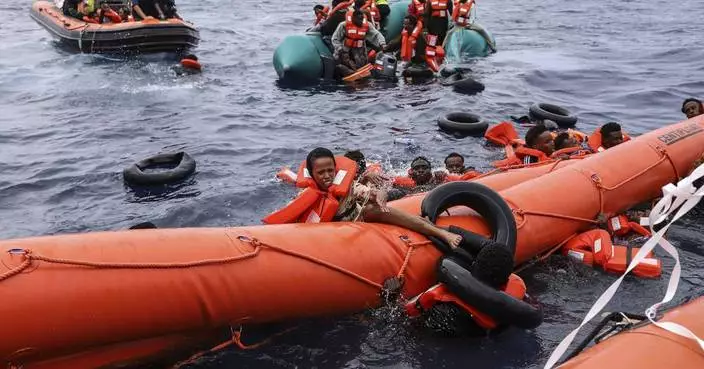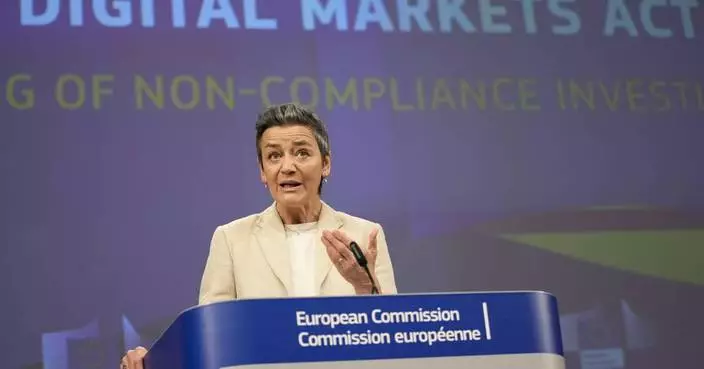V.S. Naipaul, the Trinidad-born Nobel laureate whose celebrated writing and brittle, provocative personality drew admiration and revulsion in equal measures, died Saturday at his London home, his family said. He was 85.
His wife, Nadira Naipaul, said he was "a giant in all that he achieved and he died surrounded by those he loved having lived a life which was full of wonderful creativity and endeavor."
Naipaul was awarded the Nobel Prize for Literature in 2001 "for having united perceptive narrative and incorruptible scrutiny in works that compel us to see the presence of suppressed histories."
In an extraordinary career spanning half a century, the writer traveled as a self-described "barefoot colonial" from rural Trinidad to upper class England, picked up the most coveted literary awards and a knighthood, and was hailed as one of the greatest English writers of the 20th century.
Naipaul's books explored colonialism and decolonization, exile and the struggles of the everyman in the developing world — themes that mirror his personal background and trajectory.
Although his writing was widely praised for its compassion toward the destitute and the displaced, Naipaul himself offended many with his arrogant behavior and jokes about former subjects of empire.
Among his widely quoted comments: He called India a "slave society," quipped that Africa has no future, and explained that Indian women wear a colored dot on their foreheads to say "my head is empty." He laughed off the 1989 fatwa against Salman Rushdie as "an extreme form of literary criticism."
The critic Terry Eagleton once said of Naipaul: "Great art, dreadful politics," while Caribbean Nobel Laureate Derek Walcott complained that the author's prose was tainted by his "repulsion towards Negroes."
C. L. R. James, a fellow Trinidadian writer, put it differently: Naipaul's views, he wrote, simply reflected "what the whites want to say but dare not."
Vidiadhar Surajprasad Naipaul — Vidia to those who knew him — was born on Aug. 17, 1932 in Trinidad, a descendant of impoverished Indians shipped to the West Indies as bonded laborers.
His father was an aspiring, self-taught novelist whose ambitions were killed by lack of opportunity; the son was determined to leave his homeland as soon as he could. In later years, he would repeatedly reject his birthplace as little more than a plantation.
"I was born there, yes," he said of Trinidad to an interviewer in 1983. "I thought it was a great mistake."
In 1950, Naipaul was awarded one of a few available government scholarships to study in England, and he left his family to begin his studies in English literature at University College, Oxford.
There he met his first wife, Patricia Hale, whom he married in 1955 without telling his family.
After graduation, Naipaul suffered a period of poverty and unemployment: he was asthmatic, starving and depending on his wife for income. Despite his Oxford education, he found himself surrounded by a hostile, xenophobic London.
"These people want to break my spirit ... They want me to know my place," he wrote bitterly to his wife.
Naipaul eventually landed a radio job working for BBC World Service, where he discussed West Indian literature and found his footing as a writer. His breakthrough came in 1957 with his first published novel "The Mystic Masseur," a humorous book about the lives of powerless people in a Trinidad ghetto.
Naipaul caught the eye of book reviewers, and in 1959 he won the Somerset Maugham Award with the story collection "Miguel Street."
In 1961, Naipaul published "A House for Mr. Biswas," which was widely acclaimed as a masterpiece. That novel, about how one man's life was restricted by the limits of colonial society, was a tribute to Naipaul's father.
In the years that followed, Naipaul was to travel for extensive periods to pen journalistic essays and travel books. He flew three times to India, his ancestral home, to write about its culture and politics. He spent time in Buenos Aires, Argentina to write about its former First Lady Eva Peron, and went to Iran, Pakistan and Indonesia for books about Islam.
Years before the Sept. 11, 2001 attacks, Naipaul devoted attention to Islamic radicalism. Naipaul's nonfiction often provoked much anger, and many were offended by his views about Islam and India — Rushdie, for example, thought Naipaul was promoting Hindu nationalism.
He also continued to publish award-winning novels. "The Mimic Men" won the W.H. Smith Award in 1967, and in 1971 "In a Free State," a meditation on colonialism in Africa, was awarded the Booker Prize. Naipaul received a knighthood in 1990, and in 2001 he was awarded the Nobel Prize in Literature.
As his literary stature grew, so did his reputation as a difficult, irascible personality. Naipaul was a private man and did not have many friends, but his personal life entered the public domain when the American writer Paul Theroux, a one-time friend whose relationship with Naipaul turned sour, published a stinging memoir about Naipaul in 1998.
"Sir Vidia's Shadow" described Naipaul as a racist, sexist miser who threw terrifying tantrums and beat up women.
Naipaul ignored Theroux's book, but he did authorize a candid biography that confirmed some of Theroux's claims. The biography, published in 2008, devoted chapters to how Naipaul met and callously treated his mistress, an Anglo-Argentine woman who was married and about a decade younger than he was. It recalled Naipaul's confession to The New Yorker that he bought sex and was a "great prostitute man," and recorded Naipaul's frank and disturbing comments on how that destroyed his wife, Hale, who died of breast cancer in 1996.
"It could be said that I had killed her," he told biographer Patrick French. "I feel a little bit that way."
Two months after Hale died, Naipaul married his second wife, Pakistani newspaper columnist Nadira Khannum Alvi. Naipaul's later books lost their playful humor, and some say much of their appeal.
He spent much of his time living quietly in an isolated cottage in Wiltshire, in the English countryside.
Jill Lawless in London contributed to this story.





